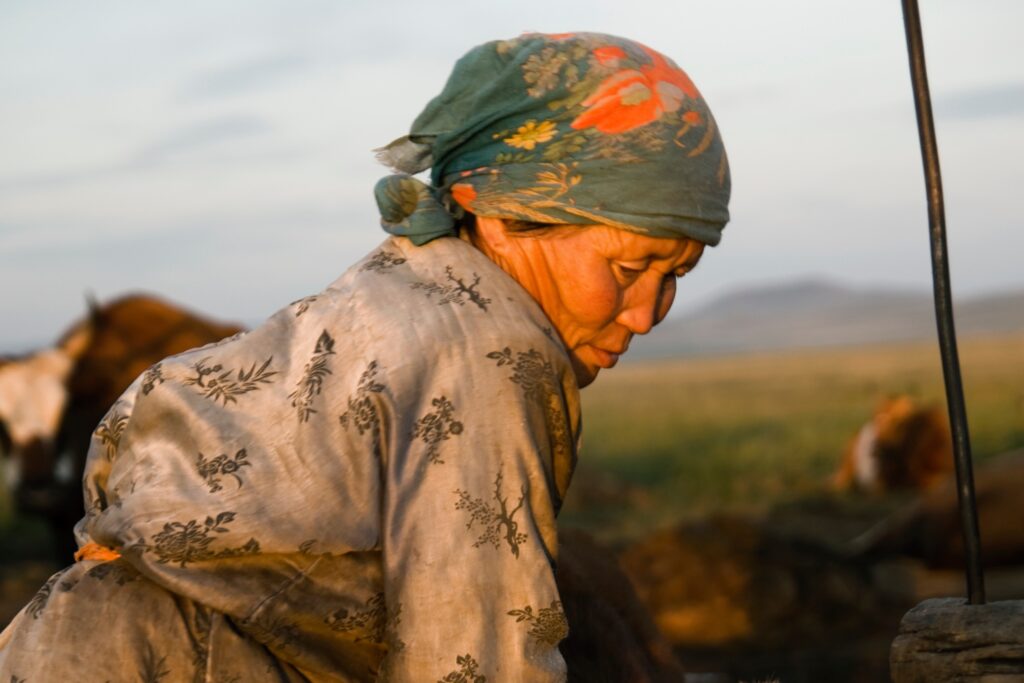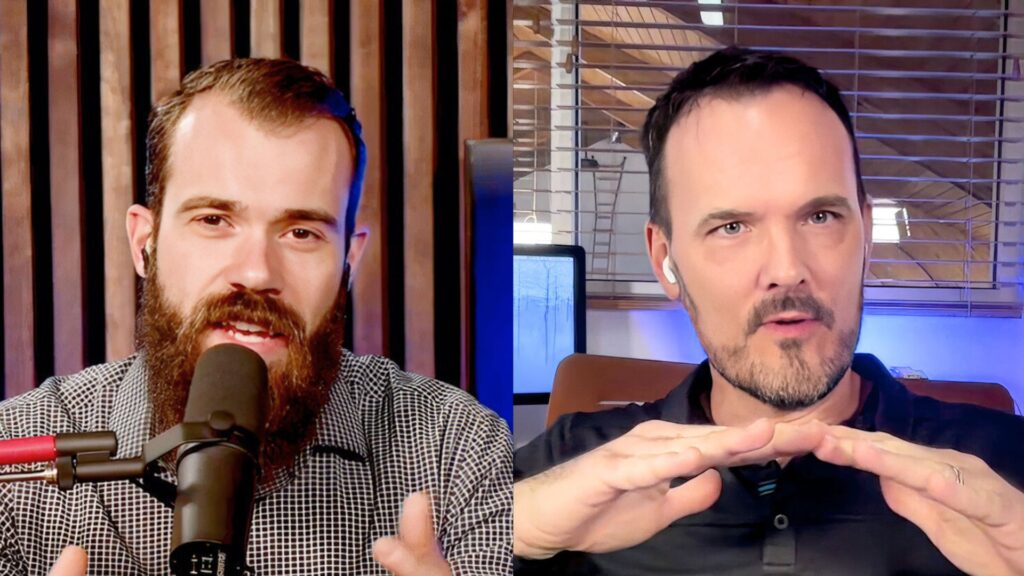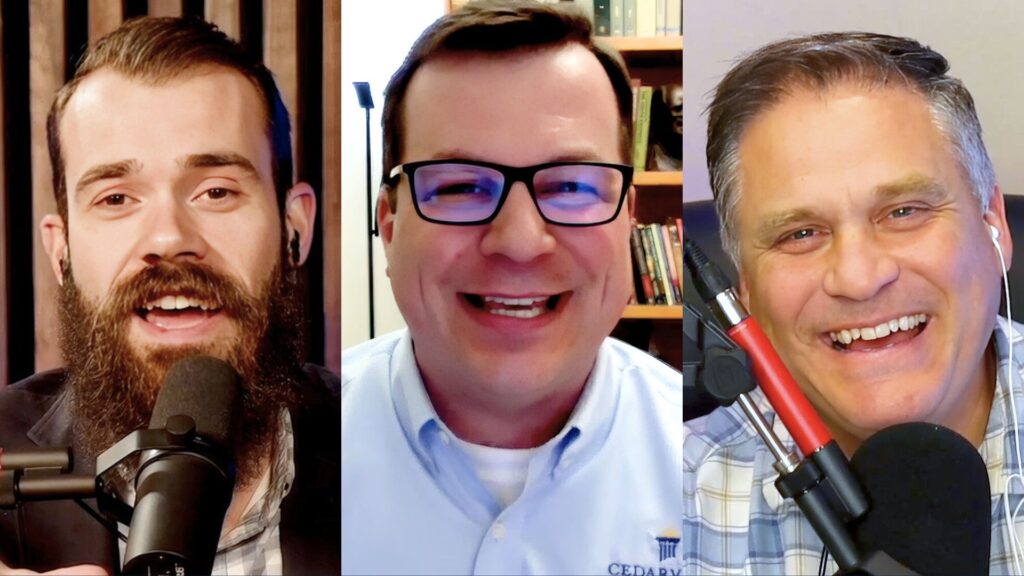While we can use a wide array of methods for obeying Christ’s command to go and make disciples of all nations, the goal of those efforts should be church planting. We see this clearly demonstrated in the apostles’ obedience to the final command of Jesus. Those who heard the Great Commission from the very lips of Jesus devoted the rest of their lives to teaching the good news about him, discipling those who believed, and gathering those disciples into churches.
The apostles were motivated to keep moving to areas where no gospel witness, no disciples, and no church existed. They committed themselves to Christ’s mission even at the cost of their lives. Peter preached the gospel and planted churches throughout Galatia, Bethania, Italy, and Asia. The early church historian Eusebius tells us that his ministry ended with martyrdom in Rome, in the same place and around the same time that the Apostle Paul was killed, in A.D. 64-68 A.D.carried the gospel to Greece, where he too gave his life for Christ, and Thomas made it as far as India before being speared to death. Simon the Zealot is said to have served with Thaddaeus, and both perished in Persia. Matthew ended his earthly journey in Ethiopia, Bartholomew in Saudi Arabia, James the Lesser in lower Egypt, and Philip in Hierapolis, in modern Turkey. John was imprisoned on the island of Patmos before returning to the church at Ephesus. According to church tradition, John was the only apostle to die of natural causes.
Church history estimates the location of the apostles’ deaths based upon their last known place of ministry. Only one of the disciples, James the brother of John, died in his home country! All the rest died in foreign lands carrying out the Great Commission: sharing the gospel among people who dwelt in darkness, discipling those who believed, and gathering those believers into churches. This was the overriding pursuit of their lives.
As a result of their witness, and that of other faithful believers throughout the centuries, virtually every geopolitical nation on earth now has the gospel and the church among it in some form. Even so, the church is not yet spread wide enough to give every people group access to the gospel. What remains are minority language groups and populations with too few believers to effectively evangelize their own people without outside assistance. Many people groups still have no gospel light among them.
The number of unreached people groups begs the question: Why are they still unreached? The answer lies in the difficulty of working with these groups. In most cases, their languages are harder to learn, and they exist in challenging climates and in countries that are hostile to the gospel. In short, the easy places have been reached; it is the hard ones that remain.
So how can the church reach these places? We must send qualified missionaries who have been trained for the difficulties they will encounter. They need training in how to learn languages that have never been written down, and training in how to stay in a country that is hostile to the gospel long enough to see a strong New Testament church planted. They need equipping that evaluates their character and giftings, and increases their skills in teamwork, marriage or singleness, parenting, and ability to handle stress. Some of this training can, and should, be done in the local church, but I have yet to meet a church staff that can effectively teach the breadth of skills necessary, including phonetics, phonemics, linguistics, Bible translation, high-stress marriage and parenting, and a host of other critical skills.
Radius International is the only program widely acknowledged to provide this level of training. Through Radius’ unique, highly specialized curriculum, missionary candidates spend nine months in a cross-cultural location receiving comprehensive training in cross-cultural church planting , language and culture acquisition , and stress management for ministry in difficult locations. Radius is committed to providing one-on-one discipleship for candidates, and offers regular reporting to the local church.
If you are interested in learning more about Radius and how our training has effectively equipped missionaries serving across the globe, please join us for our annual conference offered virtually or in person on June 28-29,2023, at Grace Community Church, in Sun Valley, Ca. Guest speakers include John MacArthur, Costi Hinn, Ian Hamilton, and Aubrey Sequeira.
While new ideas for reaching these last unreached people groups pop up regularly, Christ’s method of church planting remains timeless and viable. He did not say that it would be easy, but the glory due to our King motivates us just as strongly now as it did the first disciples 2,000 years ago.





